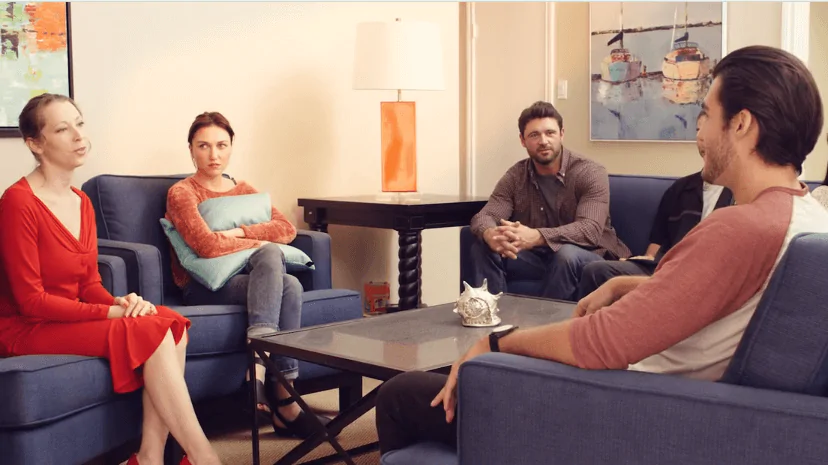24/7 Helpline:
(866) 899-221924/7 Helpline:
(866) 899-2219
Learn more about Outpatient Rehab centers in Big Rapids
Outpatient Rehab in Other Cities

Other Insurance Options

American Behavioral

State Farm

Highmark

Excellus

Carleon

Absolute Total Care

Sliding scale payment assistance

MVP Healthcare

GEHA

Magellan Health

Kaiser Permanente

Health Choice

WellPoint

Health Partners

Choice Care Network
Beacon

UMR

Ceridian

MHNNet Behavioral Health

AllWell

Ten16 Recovery Network
Ten16 Recovery Network has a proud history of providing services to people impacted by substance use...

Community Mental Health Services
Community Mental Health Services is a public rehab located in Big Rapids, Michigan. Community Mental...

Nova Counseling Associates
Nova Counseling Associates is a private rehab located in Big Rapids, Michigan. Nova Counseling Assoc...





























































































































